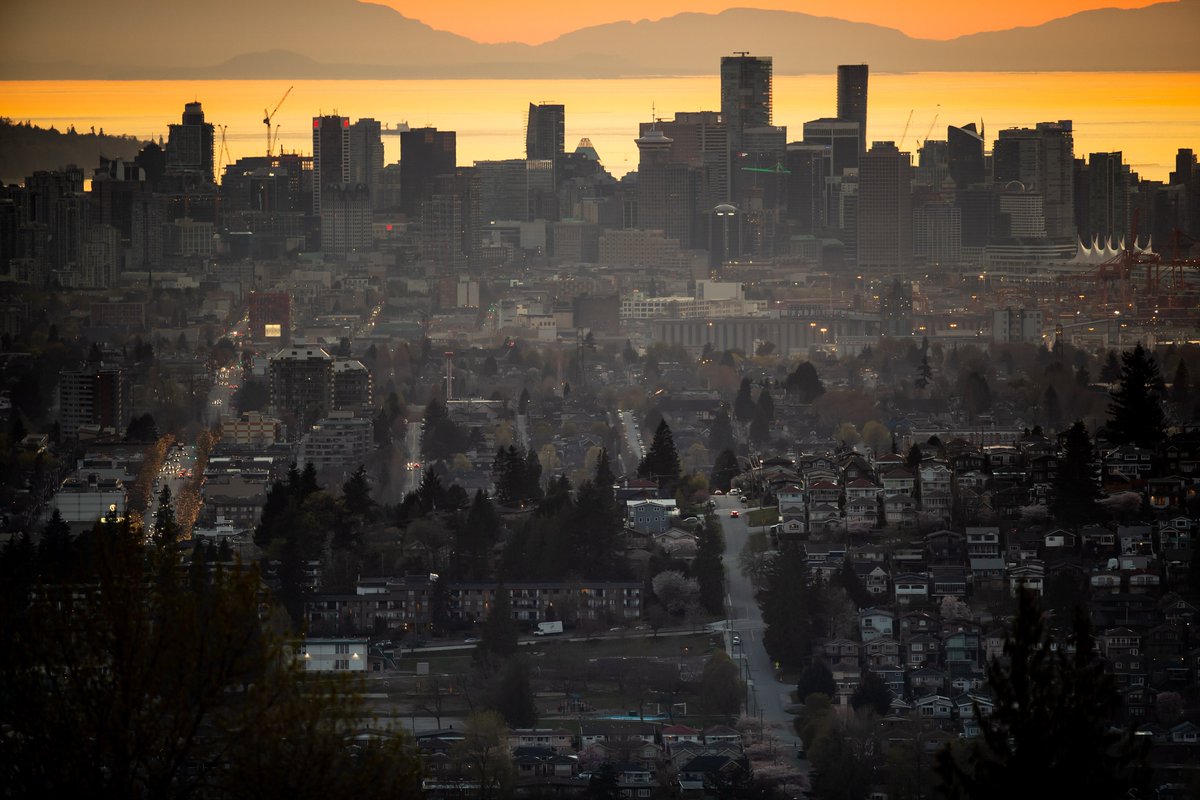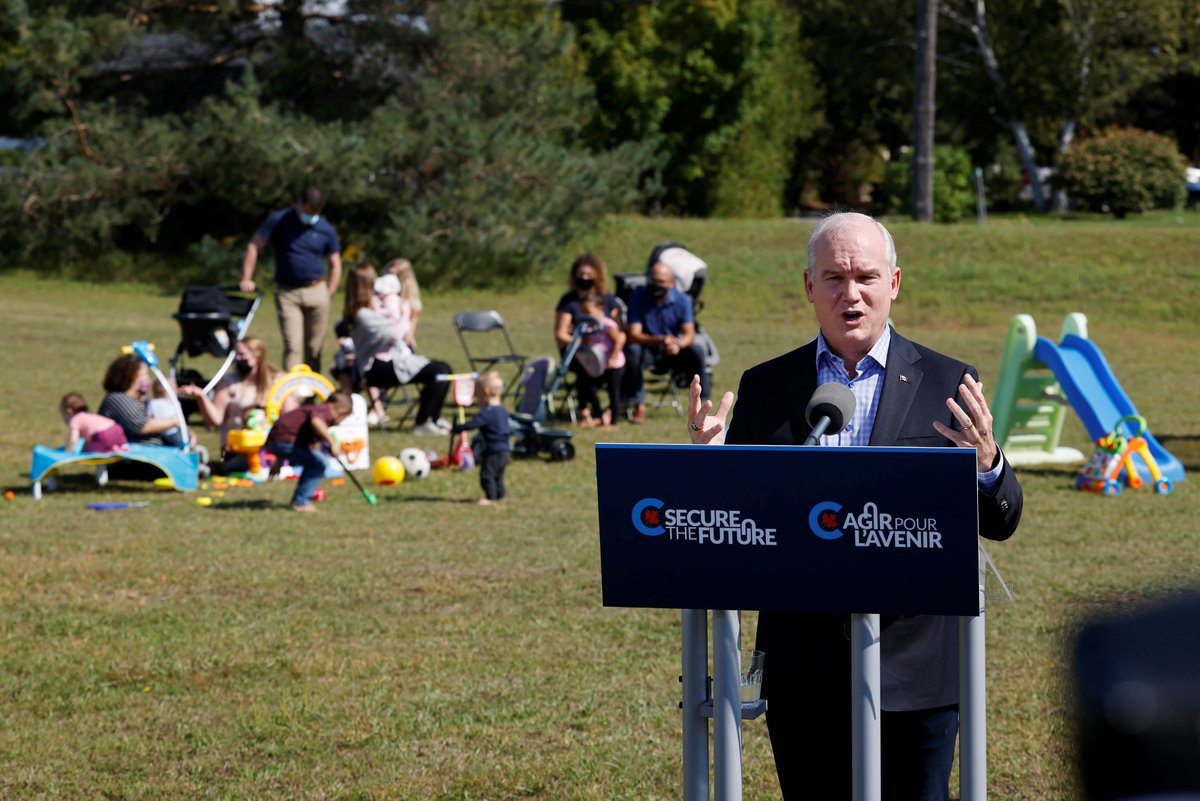
With the Delta variant dominant across Canada and cold weather approaching, scientists & health authorities have turned their attention to the question of who may need a third dose of the COVID-19 vaccine – and when.
Here's a closer look at the science:
tgam.ca/covid-19-boost…
Here's a closer look at the science:
tgam.ca/covid-19-boost…
Who in Canada is eligible for a third dose?
NACI recommends immunocompromised people 12 and older – who have not yet been immunized – should receive 3 doses of a mRNA vaccine. Those in this group who have been vaccinated should be offered an third dose.
tgam.ca/covid-19-boost…
NACI recommends immunocompromised people 12 and older – who have not yet been immunized – should receive 3 doses of a mRNA vaccine. Those in this group who have been vaccinated should be offered an third dose.
tgam.ca/covid-19-boost…

Alberta, Ontario and Quebec have already been offering additional doses – not only to the immunocompromised but also to people travelling to countries that do not currently recognize their primary vaccine series.
tgam.ca/covid-19-boost…
tgam.ca/covid-19-boost…

Which countries are currently giving third doses?
Israel was the first country to broadly offer third shots. A number of European countries have followed suit, including Hungary, France, Germany, Belgium, Austria, Ireland and Sweden.
tgam.ca/covid-19-boost…
Israel was the first country to broadly offer third shots. A number of European countries have followed suit, including Hungary, France, Germany, Belgium, Austria, Ireland and Sweden.
tgam.ca/covid-19-boost…

What does science say about the need for a third dose?
While experts says that booster shots may eventually be required, they say it’s too soon to pursue – while it’s clear the world would benefit far more from getting those doses to the unvaccinated.
tgam.ca/covid-19-boost…
While experts says that booster shots may eventually be required, they say it’s too soon to pursue – while it’s clear the world would benefit far more from getting those doses to the unvaccinated.
tgam.ca/covid-19-boost…

How well are vaccines holding up so far?
Data continues to show the benefits of vaccination now that the Delta variant is the principal driver of the pandemic in North America. Vaccines are still very effective against severe disease and death.
tgam.ca/covid-19-boost…
Data continues to show the benefits of vaccination now that the Delta variant is the principal driver of the pandemic in North America. Vaccines are still very effective against severe disease and death.
tgam.ca/covid-19-boost…

What are the ethical considerations?
WHO's director-general has called for a moratorium on booster shots until the end of the year, saying that while some at-risk populations may require them, healthy vaccinated people should not be receiving boosters.
tgam.ca/covid-19-boost…
WHO's director-general has called for a moratorium on booster shots until the end of the year, saying that while some at-risk populations may require them, healthy vaccinated people should not be receiving boosters.
tgam.ca/covid-19-boost…

What determines when boosters will be needed?
If the immunity afforded by vaccines indeed begins to wane after several months, then a booster shot may become advisable for vaccinated Canadians by that time.
Bottom line: The jury is still out.
tgam.ca/covid-19-boost…
If the immunity afforded by vaccines indeed begins to wane after several months, then a booster shot may become advisable for vaccinated Canadians by that time.
Bottom line: The jury is still out.
tgam.ca/covid-19-boost…

• • •
Missing some Tweet in this thread? You can try to
force a refresh









